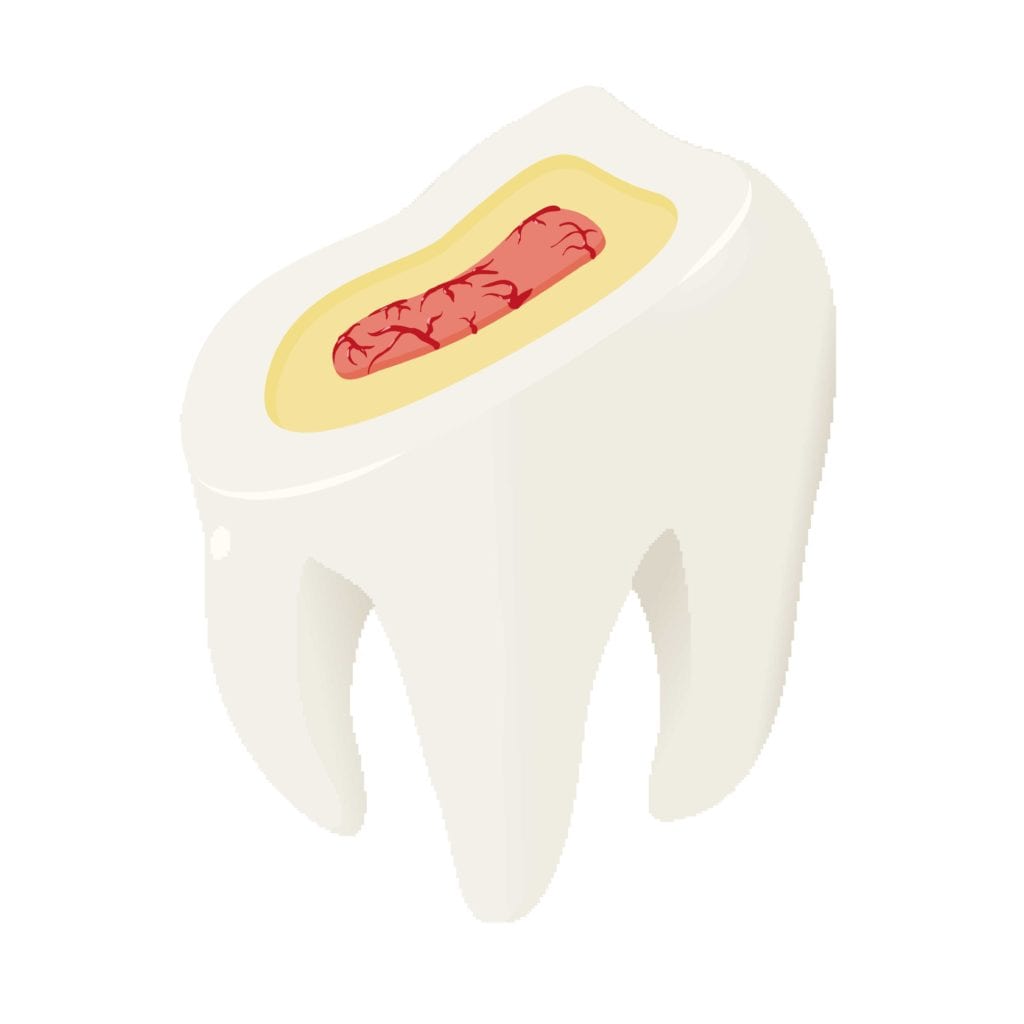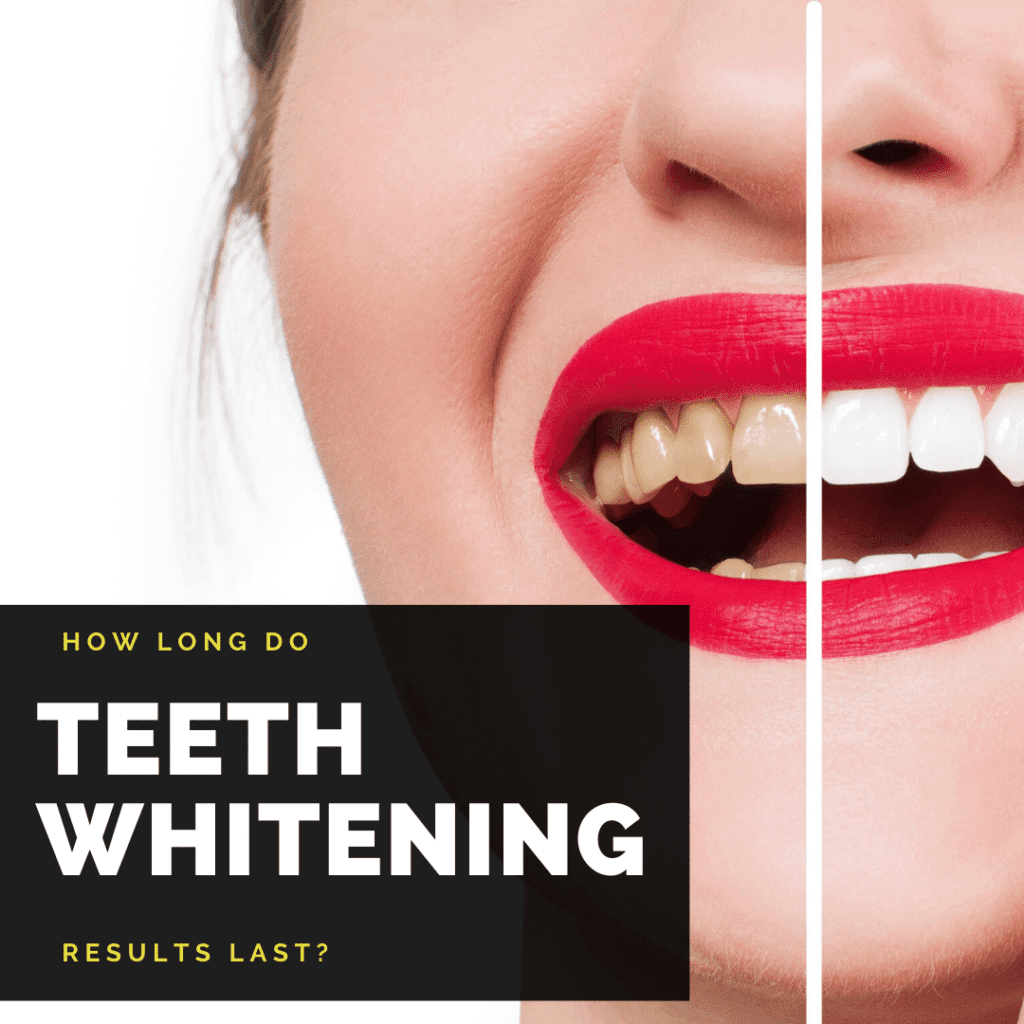When it comes to cosmetic dental treatments, teeth whitening is by far one of the most popular. While it is valued for its ease of treatment, effectiveness, and cost, it doesn’t last as long as other types of cosmetic treatments. For this reason, many people are curious about how long teeth whitening results actually last.
To answer this question, it is important to understand how teeth whitening works. During a professional whitening treatment, your cosmetic dentist will apply the whitener to the surface of your teeth and leave it in place for about 30-60 minutes. In some cases, a special light may also be used to activate the whitener. Over the counter whiteners are also applied topically, however they are lower in concentration than whiteners used by dental professionals.

The whitener is then absorbed by the enamel and dentin layers of the tooth, where it initiates a chemical reaction that breaks apart discolored molecules and essentially dissolves stains. Once the whitener has been absorbed by the teeth, it can remain active for up to 24 hours after its application.
Since the whitener is no longer active after 24 hours, this means that it can only be effective on existing stains and will offer no protection against future stains. This is the reason why teeth whitening does not last forever. This is also the reason why the lifespan of whitening results can vary based on the individual.
The average lifespan of whitening results is about one year. However, your teeth can remain white for as little as six months or as long as three years. Ultimately, the lifespan of your whitening results will depend on how many stains you expose your teeth to, as well as how often your teeth are exposed to stains. With that being said, people who regularly expose their teeth to stains generally have shorter results, while those who expose their teeth to less stains have results that last longer.

Your teeth can become stained as a result of many things, however one of the most common is from consuming highly pigmented foods and beverages. While the majority of foods and beverages all contain some colored pigment, there are certain foods and beverages that are highly pigmented. These colored pigments can be absorbed into your teeth, causing the whiteness to fade. The more highly pigmented foods and beverages consumed, the worse the stain, so it is recommended to minimize their consumption to prolong your whitening results.
Not only can highly pigmented foods and beverages cause stains, but inadequate oral hygiene can also contribute to discolored teeth. Although plaque is clear, it can collect food particles and become colored. When excess plaque is left in place on the surface of the teeth, this can eventually result in discoloration. Therefore, regular brushing and flossing are important to remove plaque and keep your teeth clean. Additionally, brushing your teeth after consuming highly pigmented foods or beverages can also decrease the risk of developing stains.
As a final note, smoking or tobacco use causes a variety of stains to form on the surface of your teeth. Unfortunately, people who smoke regularly are likely to have short-lived results because of the staining properties of nicotine and tar. Therefore, it is best to quit smoking before undergoing whitening treatment.
Ultimately, teeth whitening is an effective and easy way to remove existing stains from your teeth. However, because teeth whitening is not effective against future stains, it is not a permanent solution to discolored teeth. Although the lifespan of whitening results is about one year, this is highly dependent on individual dietary and oral habits, as well as whether one is a smoker.

Dr. Admar holds dual certificates — a Bachelor of Dental Surgery (BDS) in 2010 from India and a Doctor of Dental Surgery (DDS) in 2014 from Canada. He is now a full time practicing dentist in Kamloops where he provides a variety of services. Dr. Admar spends hundreds of hours in continued dental education to stay up to date in cosmetic and implant dentistry and he has achieved several advanced qualifications.


